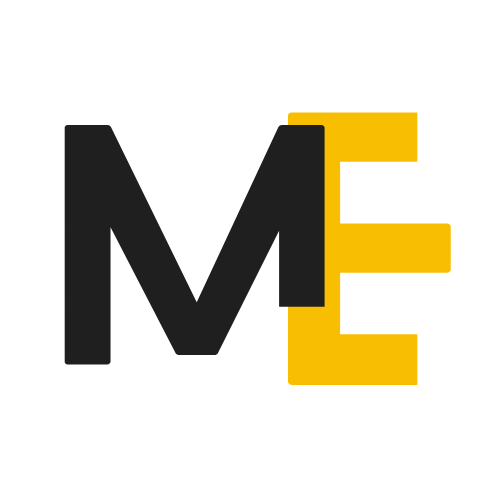How SCOTUS Just Upended Affirmative Action & What We Can Do About It
Yesterday’s Supreme Court Ruling narrows the use of race in college admissions, setting back decades of work supporting systemic diversity in higher education. Race may no longer be considered as it has been, meaning that affirmative action as we know it is over.
This decision does irreparable harm to historically marginalized racial and ethnic groups, who have long faced systemic barriers to accessing higher education and social mobility. The legal acknowledgment of discrimination against racial minorities in historic and contemporary contexts has been a basis for generating positive change. That legal foundation supported admissions policies that addressed the systemic lack of diversity in educational and professional spheres.
Affirmative Action, while at times imperfect, was a key victory of the Civil Rights movement. The policy effectively tackled stubborn disparities in access to higher education. For example:
Since 1976, the size of non-white college and university students has increased by nearly 186% (Latinx students in particular have increased by 455%).
While historically marginalized groups are still underrepresented at college campuses across the United States, data shows that when such groups are granted access to high quality educational opportunities, their earning potential and social mobility also tend to increase.
So what should companies consider?
In 2022, all Fortune 100 companies had forms of DEI programming in place, signaling to their workforces that building more inclusive cultures was a priority. With that in mind, its important to note that the Supreme Court ruling will trickle down to impact the labor market. Access to education and access to well-paying employment opportunities have always been intrinsically linked. We’ve already seen how the removal of affirmative action policies has impacted the private sector through previous state-wide bans. According to a Harvard study, U.S. states that eliminated affirmative action hiring requirements have seen a significant decrease in workplace diversity, compared to the states that kept affirmative action programs in place.
We believe there is no better time than now for organizations to proactively reinforce their DEI strategies to their team members and to the marketplace. Here are some key actions companies can take:
Continue Investment in Expanded Talent Pipelines: Research shows that Affirmative Action was commonly used in selective admissions processes, such as those in place at well-ranked public universities. Given these institutions are likely to be less diverse as Affirmative Action is phased out, companies would benefit from continuing to proactively invest in expanded talent pipelines, looking to places like Historically Black Colleges and Universities (HBCUs), Hispanic Serving Institutions (HSIs), and innovative education non-profits such as Braven and Code2040, and the thousands of thriving diverse professional networks focused on underrepresented talent.
Embed the DEI Mindset Within Each Function: While the ruling is limited to higher education admissions, we expect continued scrutiny on DEI policies and programs as we enter into an election year. Given that, this is an opportunity for functional leaders to take even greater ownership in their departments in ensuring DEI principles are embedded within their functions - from inclusive hiring systems to multicultural marketing, the more DEI principles are ingrained within the workplace culture and processes, the less it can be unnecessarily targeted.
Play the Long Game (Don’t Get Distracted): Organizations that keep long-term goals in mind will prosper across political cycles. Our discussions with employers show continued commitment through legally permissible means. There is a recognition that the current temporary political environment is not indicative of the diverse and changing world that companies operate in or what employees expect. The example above from Verizon’s Chief Talent & Diversity Officer of their continued commitment is the type of leadership that is critical right now. Organizations that don’t get quickly derailed, but continue to embed the DEI mindset and principles in all aspects of work, will have the competitive advantage in the long-term.
The path to creating and nurturing diverse, equitable and inclusive workplaces is far from over. We will continue to share the work we’re doing to advance DEI amidst dynamic legal shifts. Yesterday’s ruling only furthers ModelExpand’s resolve to strive for a better and fairer world.
ModelExpand is a diversity, equity, and inclusion consulting firm focused on radically accelerating the presence of historically underrepresented people in the workforce. ModelExpand’s work has been featured in Harvard Business Review, Forbes, and CultureAmp. Need support embedding Diversity, Equity, and Inclusion within your organization? Contact us below.

